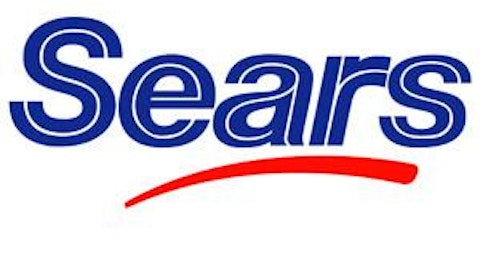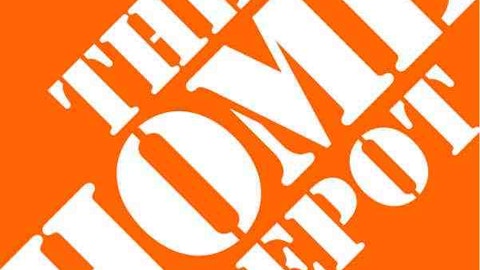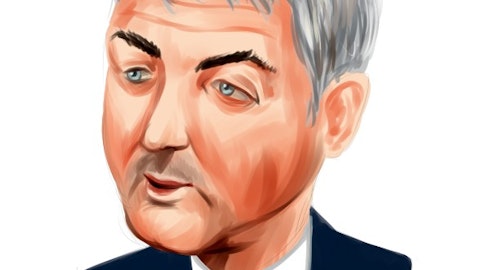Best Buy (NYSE: BBY) is up for discussion next:
Once the most popular electronics retailers around, Best Buy’s share price is now down over 67% from 2008 highs, despite 2008-2012 sales growth of about 6% per year and EBITDA growth of over 4.5%. Their gross margins have also grown by around 2.6% per year over the same period, and the company’s balance sheet shows that short-term debt has been decreasing, while long-term debt has remained flat. Best Buy has encountered serious competition in the electronics marketplace, but in my opinion they still look like a solid company.
The largest known hedge fund holding Best Buy stock is Jeffrey Vinik’s fund, Vinik Asset Management, which was holding over 5 million shares at the end of the last 13F filing period. Vinik is known for making investors around 50% per year from 1997-2000, earning over 90% in the first year. Although Best Buy has hit some bumps in the road over recent years, “the blue crew” is still one of the most recognized retailers out there. With a little bit of a makeover and a stronger economy, this company’s name could be a fitting description of their stock.
Kohl’s (NYSE: KSS) is next:
Kohl’s has grown revenue 4 out of the last 5 years, with a roughly 4% decline in 2012. EBITDA from 2008-2011 has grown at a compounded rate of over 12% per year. The stock is down about 22% from 2008 highs, but is up 88% from 2008 lows. Shares haven’t dropped below $40 since May 2009 and currently trade between $44 and $47. Brookside Capital, owned by Bain Capital, holds 2.7 million shares of Kohl’s, which totals about 3.7% of their portfolio.
Last but certainly not least, we have Macy’s (NYSE: M):
Macy’s stock performance is up close to 60% in the past half-decade. Revenue has grown over 5% the past two years while EBITDA was above 13% in both 2011 and 2012. Net income has also grown from $350 million in 2010 to over $1.25 billion in 2012. Macy’s sports a profit margin of 4.99%, well above the industry average of 0.80%.
Macy’s is the second biggest holding of Robert Bishop’s hedge fund, Impala Asset Management. Bishop currently has around 2.7 million shares according to his most recent 13F filing. Jim Chanos, the money manager who revealed the unscrupulous activities at Enron and Worldcom, runs Kynikos. He also keeps 3.2% of his portfolio in Macy’s, placing them as his fund’s second biggest holding.
In conclusion, there are definitely some retailers that have given investors bad returns, and ugly financial statements from companies like Sears and J.C. Penney help explain why. But there are certainly some good ones out there. Best Buy and Kohl’s are showing signs of life, while Macy’s looks to be the No. 1 performer of the group.
Disclosure: I have no positions in any of the stocks mentioned in this article





